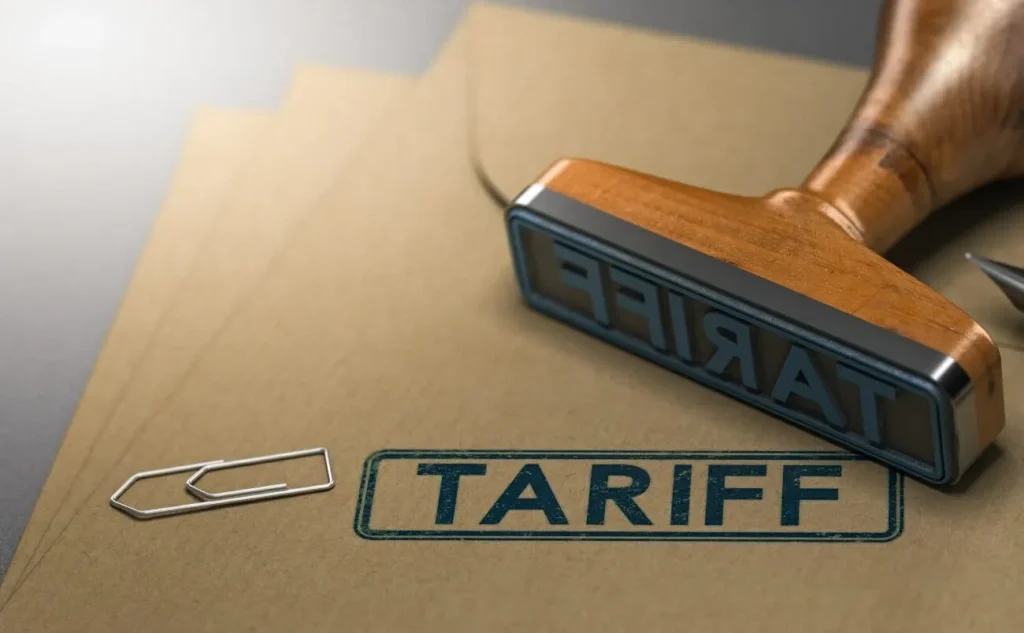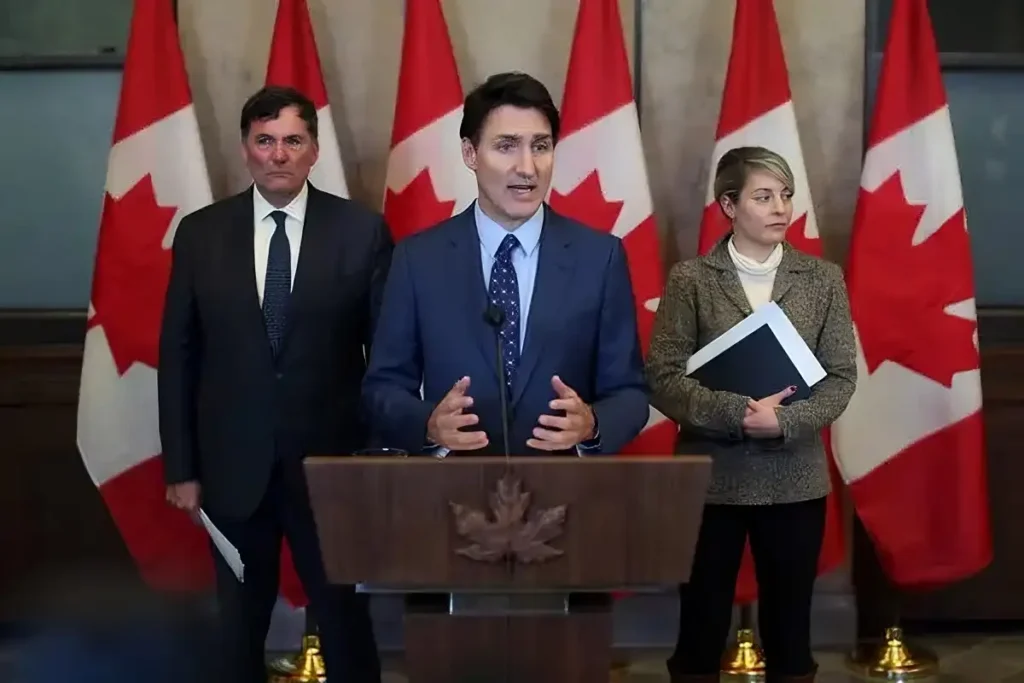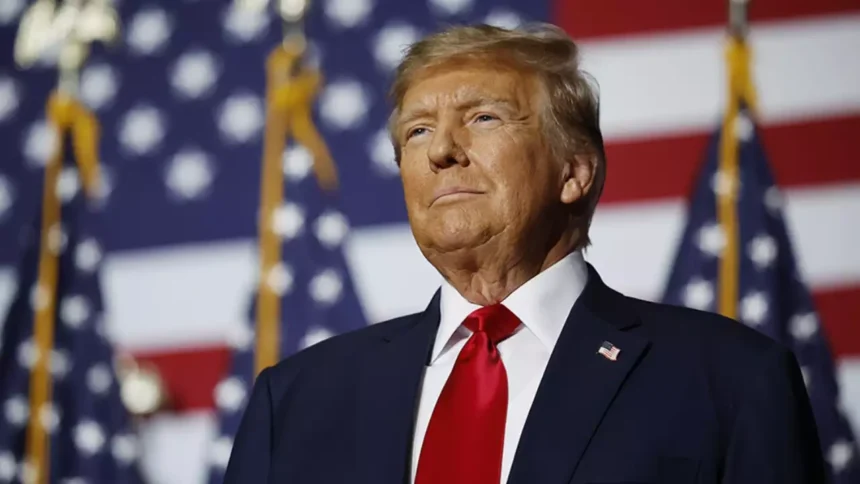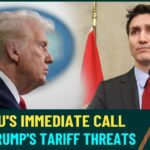Donald Trump has once again ignited a fierce economic debate. On Sunday, he defended his decision to impose tariffs on Mexico, Canada, and China, insisting that these trade restrictions are necessary to protect American interests.
While acknowledging the possibility of economic pain for American consumers, he assured supporters that the long-term benefits would outweigh the short-term struggles.
“Will there be some pain? Yes, maybe (and maybe not!),” Trump wrote on Truth Social. “But we will Make America Great Again, and it will all be worth the price that must be paid.”
But will it? Economists and business leaders are raising concerns that these tariffs could backfire, driving up costs for American businesses and households.
What Do the New Tariffs Mean for Americans?
Trump’s latest trade policy targets some of the U.S.’s biggest trading partners. His administration has announced the following tariffs:
- Mexico and Canada: A 25% tariff on imported goods
- China: A 10% tariff in addition to existing levies
- Energy Imports from Canada: A 10% tariff
These tariffs are meant to pressure these nations into renegotiating trade agreements. Trump also claims the measures will curb illegal immigration and reduce the flow of fentanyl into the U.S.

However, critics argue that these tariffs will ultimately increase prices for American consumers, as businesses pass the added costs down the supply chain.
The Economic Backlash: Will Consumers Pay the Price?
Tariffs function as taxes on imported goods. When businesses pay more to bring products into the U.S., they usually respond by raising prices for consumers.
This is why economists warn that tariffs could lead to inflationary pressures, making everyday goods more expensive.
The Response From Key Players:
- Canada and Mexico: Both countries have announced retaliatory tariffs on American products, escalating trade tensions.
- China: The Chinese government plans to file a complaint with the World Trade Organization and impose countermeasures.
- Business Leaders: The U.S. Chamber of Commerce and the National Association of Manufacturers have both warned that these tariffs could lead to job losses and hurt American businesses.
Despite these warnings, Trump insists that tariffs will ultimately strengthen the U.S. economy by encouraging domestic manufacturing.
Is Trump’s Strategy a Win for U.S. Manufacturing?
Trump argues that higher tariffs will push companies to manufacture goods within the U.S. rather than relying on imports. If that happens, it could lead to job creation and boost certain industries.
However, manufacturing doesn’t shift overnight. Many businesses may struggle with higher costs before they can relocate production, creating financial strain in the short term.
What Happens Next?
The tariffs are set to take effect on Tuesday at midnight. However, international negotiations could still change the outcome.
Canadian officials have hinted at the possibility of finding a diplomatic resolution before the tariffs are enforced.

Meanwhile, the European Union and other global trade partners have warned that they may also impose retaliatory tariffs if the U.S. continues down this path.
This could lead to a full-scale trade war with unpredictable economic consequences.
Will These Tariffs Strengthen or Weaken the Economy?
The debate is far from over. Supporters argue that tariffs will protect American jobs and reduce reliance on foreign manufacturing.
Critics warn that they will raise prices and hurt businesses, potentially slowing economic growth.







